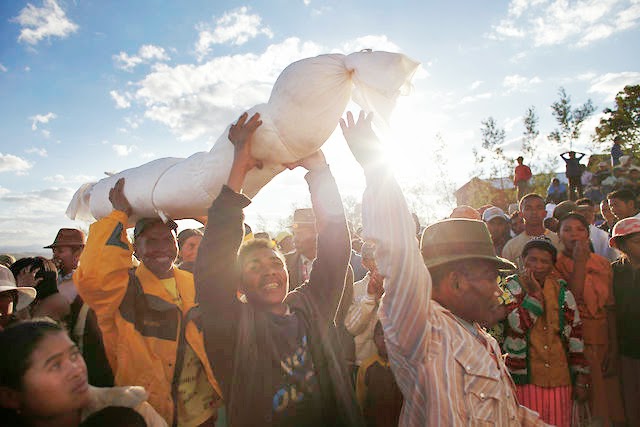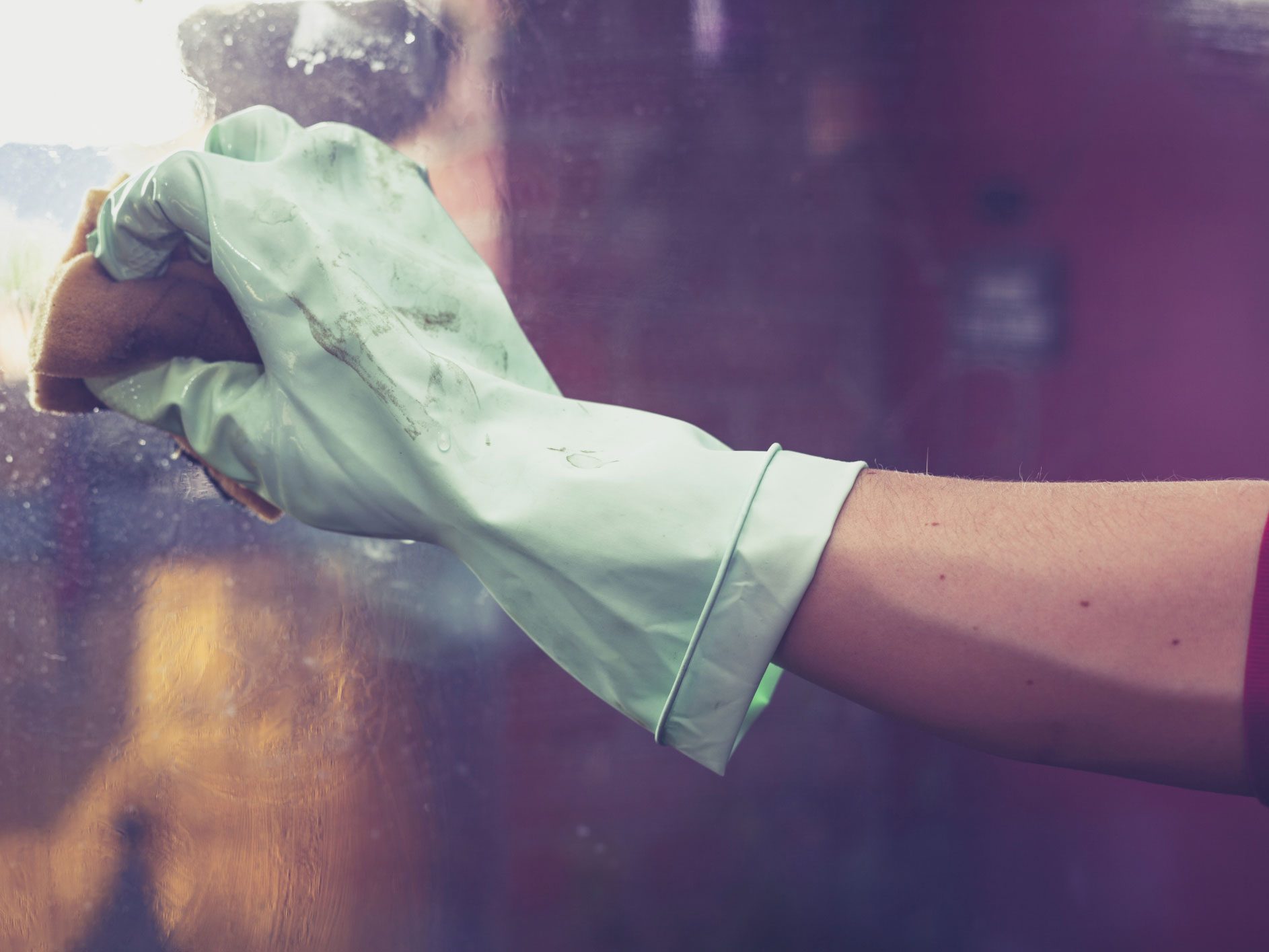Spring cleaning, two words that can give you nightmares if you do not like cleaning. Spring cleaning is embedded in western culture but is now gaining popularity in households around the world. Every culture worldwide has its own definition of spring cleaning, so let us discover the different cleaning traditions from around the world.
Story Of Spring Cleaning

Back in times, people were using heat from wood fires to keep them hot, and during wintertime, the use of wood fires, oil lamps, and gas lights made houses dingy and smelly. So when spring arrived, everyone was cleaning. Nowadays, even if we have heating appliances, we keep the tradition of cleaning our houses when spring comes.
Smash The Plates.
The origins of this strange German tradition is still unknown, but it is an important part of the wedding ritual. It is celebrated not only by the bride and groom but by all the family members too. The ritual consists of the smashing of plates and is compulsory the night before the big day. Only porcelain is smashed, as glass and mirrors are actually known as good luck charms. The funniest part of the tradition is that the bride and the groom need to do the cleanup together afterward.
Clean the House and Burn the Devil
This centuries-old tradition takes place every December 7 at 6 p.m. throughout Guatemala. In the beginning, the whole family had to spend the whole day collecting garbage for the big bonfires. In the past, the devil dolls were sewn at home, but nowadays, they can be bought in the form of paper-mâché. The people of Guatemala use only one big fire for the entire celebration.
Good versus evil in Indian culture: Diwali.

The Diwali festival in India symbolizes the victory of good over evil, of light over darkness. Therefore, it is only natural that it is celebrated after a thorough cleaning of the house. In many cultures, before spiritually cleansing one’s body, one must remove the garbage and dirt in the home. In Hindu culture, this is such an important ritual that it is celebrated all over the world, even in western countries.
The ceremony of cleansing the corpse.

For most Westerners (or for most people in general), this ritual sounds creepy and inappropriate. However, this ceremony has been held every three years for more than nine centuries and for the Torajan people on the island of Sulawesi. It is similar to a family reunion but with a little twist. The loss of a loved one is not so sad if you can spend some time with them, even if they are no longer breathing. Some people eagerly await the time when they can dig up and clean their long-dead grandmother to introduce her to their new child.
Madagascar has a similar tradition, called famadihana, where Malagasy people exhume their ancestors, rewrap the corpse in clean and fresh cloth and rewrite their name on the cloth. This symbolizes the fact that they will forever be remembered.
Water festival.
Water is the symbol of life and new beginnings, and what better way to welcome the New Year than with a bath of fragrance water. Nowadays, the ritual purification of the body and Buddha statues during the Songkran festival has become a major tourist event in Thailand. The water festival attracts millions of people every year, and it is a two-day holiday, where there is a massive water fight in the street. Before the festival, Thai people clean their houses thoroughly, and every unwanted item is burned.
Each place around the world has its own definition of spring cleaning. Most deep cleanings are due to New Year’s celebration. Let us know in the comments which one of the above traditions you find the weirdest…





